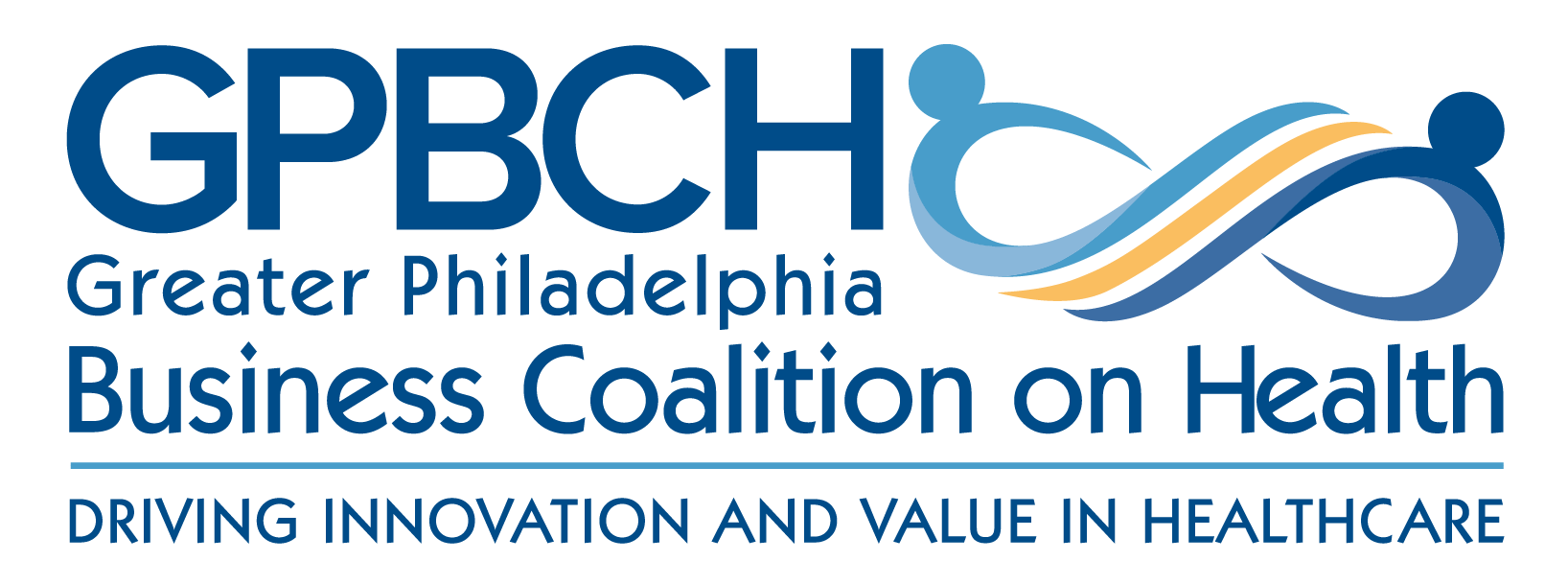
Contributor: The Diabetes Vendor Resource Guide—A Useful Directory for Employers

Employees living with diabetes often face unique challenges, such as managing blood sugar levels, balancing medication, and preventing complications, all while maintaining their professional responsibilities. This condition can lead to increased absenteeism, reduced productivity, and rising health care costs.
In today’s workforce, chronic health conditions like diabetes are becoming increasingly prevalent. Diabetes affects approximately 6.4% of the US workforce, although prevalence varies by industry.1 Direct medical costs for employees with diabetes are 2.6 times higher than for people without diabetes.2 Employees living with diabetes often face unique challenges, such as managing blood sugar levels, balancing medication, and preventing complications, all while maintaining their professional responsibilities. This condition can lead to increased absenteeism, reduced productivity, and rising health care costs.
Employers must understand the importance of supporting their employees’ health and wellness-not only for their well-being but also for the overall productivity and morale of the company.
Although every employer should have access to and knowledge about preventing and managing diabetes, they often struggle to find the right resources to support their employees adequately. Many vendors and service providers offer various products and services, from glucose monitoring devices to wellness programs, but knowing where to start can be overwhelming.
To help employers navigate the growing challenges of diabetes, the
To prevent and manage diabetes, employers should incorporate the following initiatives to create a supportive and health-focused work environment:
- Promote healthy eating by providing nutritious food options in cafeterias, vending machines, and company events, including low-sugar and low-carbohydrate meals. Offer nutrition education through workshops, webinars, or printed materials, teaching employees about balanced diets and the importance of managing blood sugar levels.
- Encourage physical activity and implement wellness programs that include exercise challenges and fitness classes. Partner with local gyms and offer discounted rates for fitness equipment or memberships or provide on-site exercise facilities. Encourage walking meetings, offer standing desks, or set up walking paths around the office.
- Assist employees in establishing relationships with primary care physicians.
- Promote health screenings and monitoring and provide on-site screenings for blood glucose levels and other diabetes risk factors as part of annual wellness exams.
- Ensure that health insurance covers diabetes-related care, including medications, doctor visits, consultations, nutrition counseling, free or subsidized glucose monitors, and specialist care.
- Offer diabetes management programs through insurance plans or third-party providers to support employees with the condition. Provide access to health coaches or diabetes educators to help employees manage their health proactively.
- Raise awareness and educate employees about the risk factors for diabetes through seminars, workshops, or newsletters. Encourage open conversations about managing diabetes to reduce stigma and ensure employees feel comfortable discussing their needs.
- Promote work-life balance by encouraging reasonable workloads and allowing flexible work hours or remote work options for employees needing time for medical appointments or to manage their condition. Offer stress reduction programs, such as mindfulness training or access to counseling services.
Employers need to know that not everything has to cost a lot of money and that many valuable resources, such as those from the
Supporting employees with diabetes is not just a matter of compassion; it’s a wise business decision. By taking the necessary steps, employers can create an environment that not only helps employees manage diabetes but also reduces the risk of developing the condition. This can improve overall workplace productivity and well-being, enhance employee satisfaction, and even reduce long-term health care costs associated with complications from this condition.
The GPBCH
References
1. Shockey TM, Tsai RJ, Cho P. Prevalence of diagnosed diabetes among employed US adults by demographic characteristics and occupation, 36 states, 2014 to 2018. J Occup Environ Med. 2021;63(4):302-310. doi:10.1097/JOM.0000000000002117
2. Parker ED, Lin J, Mahoney T, et al. Economic costs of diabetes in the U.S. in 2022. Diabetes Care. 2024;47(1):26-43. doi:10.2337/dci23-0085
Newsletter
Stay ahead of policy, cost, and value—subscribe to AJMC for expert insights at the intersection of clinical care and health economics.









